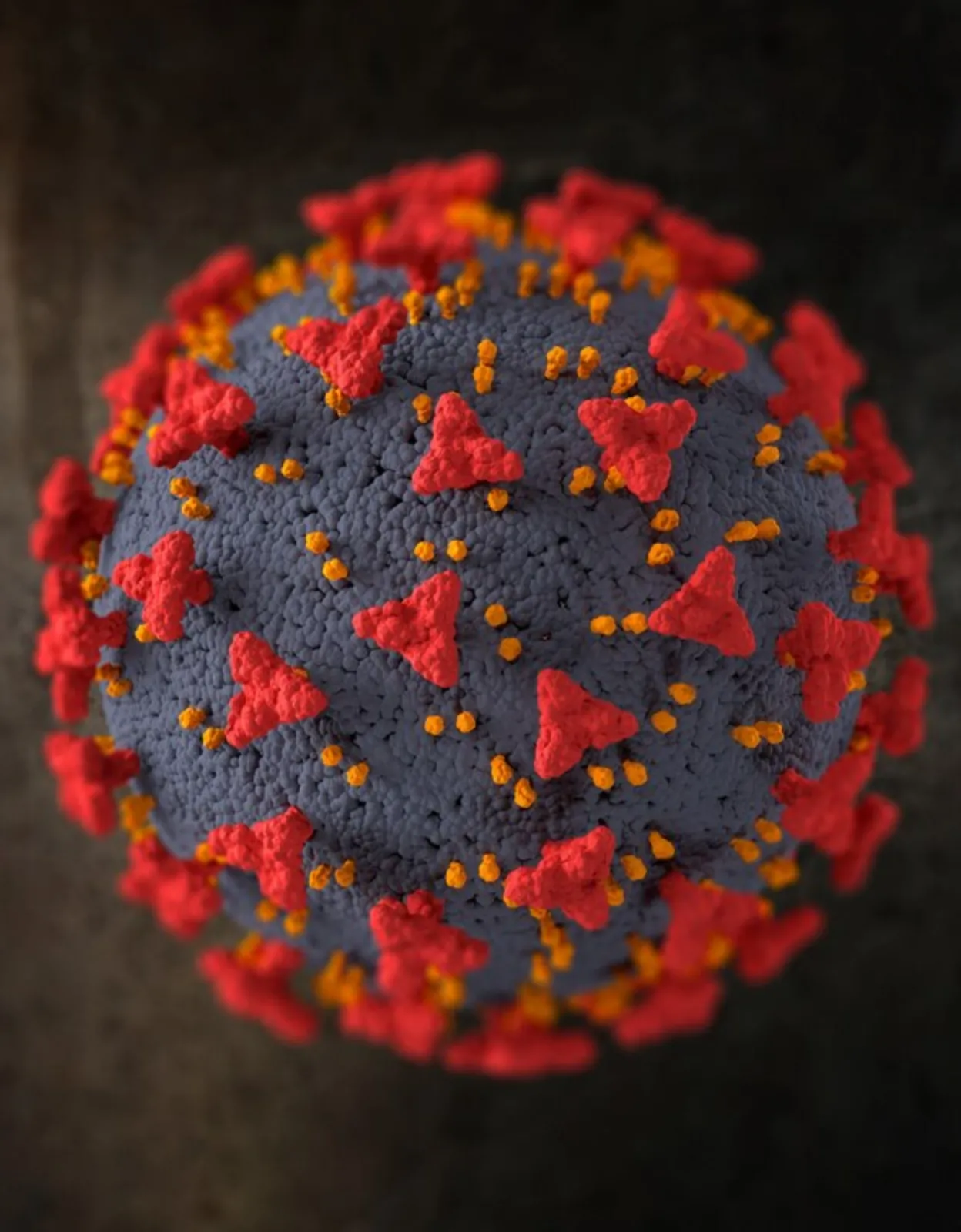28 Mar 2025
Recommended
Minimum 30 mins
Course
Access
Certification
Voiceover

The Norovirus Awareness course is an essential training programme for healthcare professionals, focusing on the prevention, identification, and management of norovirus infections. Commonly referred to as the "winter vomiting bug," norovirus is a highly contagious cause of acute gastroenteritis, presenting significant challenges in healthcare environments due to its rapid transmission and potential for outbreaks.
This course provides a comprehensive overview of norovirus, including its epidemiology, modes of transmission, symptoms, and outbreak patterns. Aligned with the latest UK guidelines and infection prevention and control (IPC) best practices, the course equips participants with evidence-based strategies to detect, report, and respond to outbreaks effectively. Key infection control measures such as hand hygiene, personal protective equipment (PPE), isolation protocols, and environmental cleaning are thoroughly explored.
Additionally, the course emphasises the legal and ethical responsibilities of healthcare professionals in outbreak management, including accurate documentation, reporting, and public health communication. By completing this course, participants will enhance their ability to reduce transmission risks, safeguard patient safety, and protect healthcare facilities from the impact of norovirus outbreaks.

 £20
£20
Learning Outcomes.
By the end of this course,participants will be able:
To define norovirus, describe its characteristics, and understand its significance in global and UK healthcare contexts.
To identify modes of transmission, viral shedding, and patterns of norovirus outbreaks.
To recognise the symptoms of norovirus, differentiate it from similar illnesses, and apply diagnostic approaches.
To outline management strategies, including supportive care, outbreak detection, and response protocols.
To implement infection prevention measures, such as hand hygiene, PPE use, isolation practices, and environmental cleaning.
To understand the legal and ethical responsibilities associated with outbreak management, including documentation and reporting.
Course
Contents.
01
Definition, epidemiology, and healthcare impact.
03
Recognising symptoms, diagnostic methods, and differentiation from other conditions.
05
IPC measures, including hand hygiene, PPE use, isolation protocols, and environmental cleaning.
08
Developing and implementing rapid response plans, including cohorting strategies.

06
Documentation requirements, reporting processes, and ethical responsibilities during outbreaks.
09
Effective cleaning and decontamination practices in high-risk areas.
02
Modes of transmission, infectious periods, and outbreak patterns.
04
Supportive care approaches, outbreak response strategies, and communication protocols.
07
Staff training, hygiene practices, and visitor screening for outbreak control.
10
Promoting awareness and prevention to minimise transmission risks.
This Norovirus Awareness course equips healthcare professionals with the knowledge and skills to prevent and manage norovirus outbreaks effectively. By integrating evidence-based practices and IPC measures, participants will enhance patient safety and protect healthcare facilities from the challenges posed by this highly contagious pathogen. Through legal, ethical, and practical insights, the course fosters a proactive approach to minimising the impact of norovirus in healthcare settings.
 Summary
Summary


